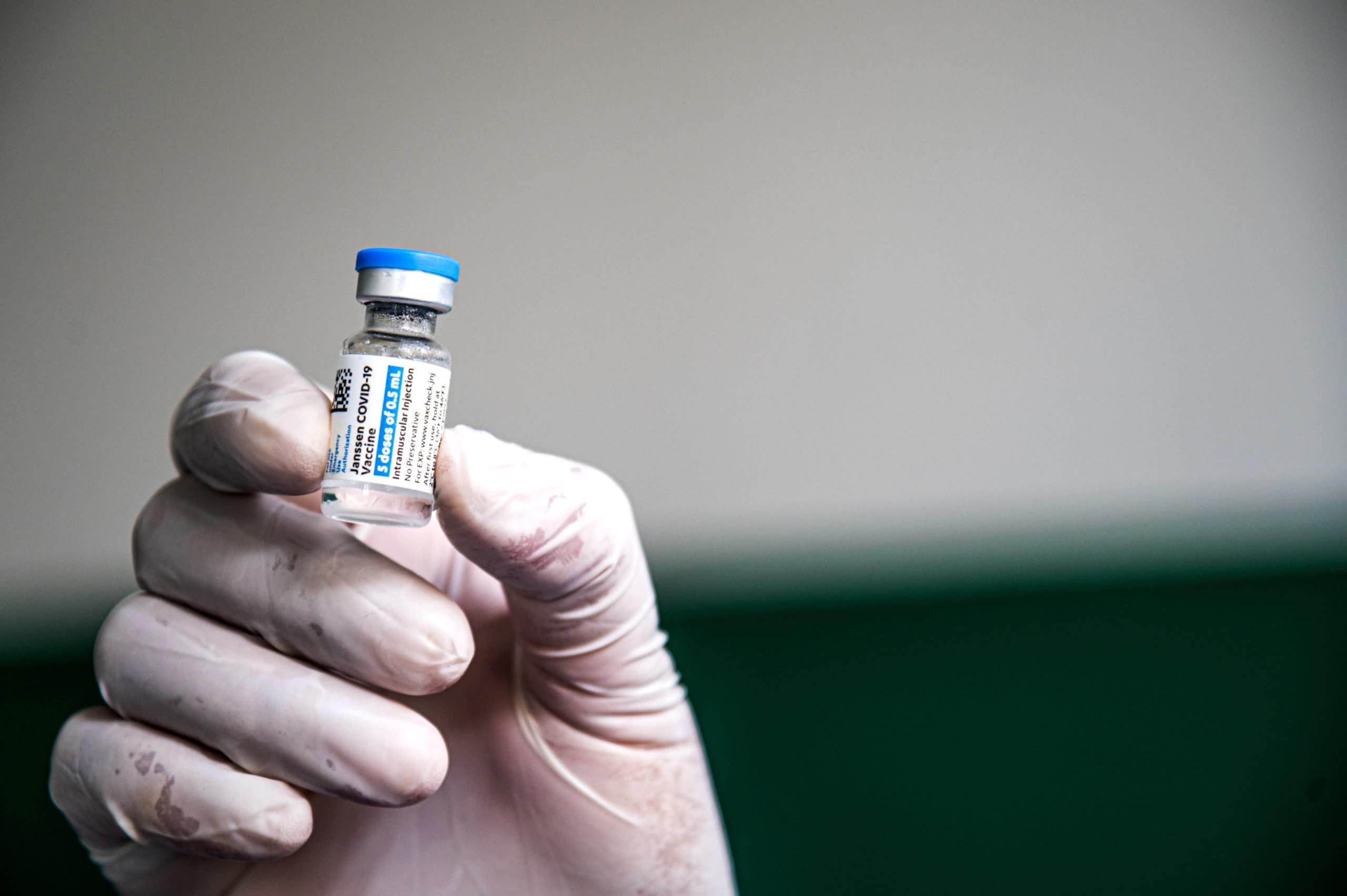Topline: The U.S. Food and Drug Administration (FDA) on Thursday night approved a booster dose of the Covid-19 vaccines made by Pfizer and Moderna for people with compromised immune systems, in a move that will likely enhance protection for vulnerable individuals at a time when the more infectious delta variant continues to spread all over the country.
KEY FACTS
In a late-night announcement, the FDA amended its emergency use authorization (EUA) for the two mRNA vaccines to allow the administration of a third dose to recipients of solid organ transplant or those diagnosed with conditions that are considered to have an equivalent level of immunocompromise.
The FDA’s move comes after few other countries including Israel, France and Germany began administering an additional dose to certain people amid the threat of the more infectious delta variant of the virus.
According to the FDA’s announcement, eligible recipients will be able to receive a third mRNA vaccine dose at least 28 days after getting their second shot.
The regulator’s late-night statement makes no mention of immunocompromised patients who have received the single-dose Johnson & Johnson vaccine.
Loading...
The Centers for Disease Control and Prevention (CDC) is expected to formally recommend an addition shot for immunocompromised groups following a meeting of its advisers on Friday.
The FDA noted that its decision does not apply to the general population and according to the CDC’s estimates about 2.7% of U.S. adults could be eligible for the booster.
CRUCIAL QUOTE
“Today’s action allows doctors to boost immunity in certain immunocompromised individuals who need extra protection from COVID-19,” Acting FDA Commissioner Dr Janet Woodcock said. “Other individuals who are fully vaccinated are adequately protected and do not need an additional dose of COVID-19 vaccine at this time,” she added while noting that the agency is studying if an additional dose for the general population may be needed in the future.
KEY BACKGROUND
A study published last month by the John Hopkins Bloomberg School of Public Health found that only 50% of immunocompromised people who had received two doses of the Pfizer or Moderna vaccine showed an antibody response to COVID-19. Such findings along with the nationwide proliferation of the more infectious delta variant—which has also been shown to cause breakthrough infections in some vaccinated individuals, had prompted calls for emergency approval of a booster dose for some individuals. Last month, a CDC advisory group reportedly met with the FDA to urge the agency to decide if booster shots for the immunocompromised were needed. Its not yet clear if a booster dose will help shore up a stronger immune response in immunocompromised individuals but a recent study from Israel—which has begun administering such boosters—suggested that this might be the case. However, the decision to authorize booster doses remains a controversial one in the global context as critics decry the fact that developed nations are administering an additional dose at a time when several poorer nations have limited access to vaccines. Last week, the World Health Organisation (WHO) called for a moratorium on COVID-19 vaccine booster shots until at least the end of September.
FURTHER READING
Extra COVID vaccine OK’d for those with weak immune systems (Associated Press)
By Siladitya Ray, Forbes Staff
Loading...
